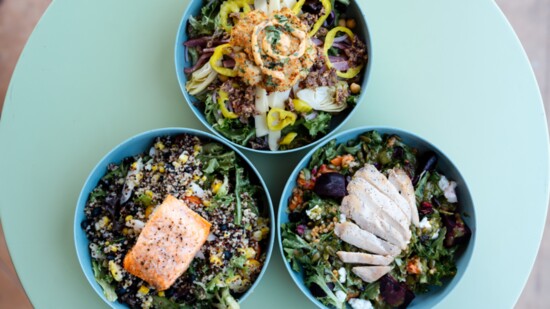In the ever-evolving discussion about the science of biology and health, one topic dominating the conversation is inflammation. While stress and environmental toxins can certainly contribute to inflammation, what we eat and drink also plays a massive role.
Inflammation can be a good thing in small amounts (think wound healing and recovery from exercise) but becomes a problem when the body is subjected to inflammatory substances too often or in high amounts. The body becomes overwhelmed and disease follows. Many of these diseases—including cancer, autoimmune disorders, and arthritis—start very slowly and are imperceivable until late in the disease process.
Following is some practical advice about how the food you eat can help lower inflammation and protect your health. As always, speak with a trusted and informed medical provider before making any changes to your diet or health care regimen.
-
Avoid seed oils like canola, vegetable, soybean, sunflower, safflower, grapeseed, cottonseed, corn, and rice bran, which are pro-inflammatory and cause oxidative stress. Instead, utilize coconut, avocado, and olive oil as well as ghee and real butter.
-
Consume anti-inflammatory foods like turmeric, green tea, wild-caught fish, cinnamon, and ginger. The antioxidants in these foods and drinks combat inflammation and help the body manage the cellular processes that keep us healthy.
-
Limit your carbohydrates. Excess carbs lead to inflammation and blood sugar dysregulation. For most people, a diet high in healthy protein and fats is optimal.
-
Avoid artificial sweeteners like sucralose, aspartame, and saccharin, which disrupt your insulin production. This leads to poorly controlled blood sugar levels and, thereby, inflammation.
-
Be proactive. Exercise, get quality chiropractic care, practice breathwork, start your day with gratitude, and get outside.
What we consume plays an enormous role in inflammation. Food and drink should be enjoyed, conscientiously. Diligently avoiding toxic foods and drinks now will lead to many more years of healthy celebration in the future!
Stress and toxins can fuel inflammation, but diet plays a major role too.
